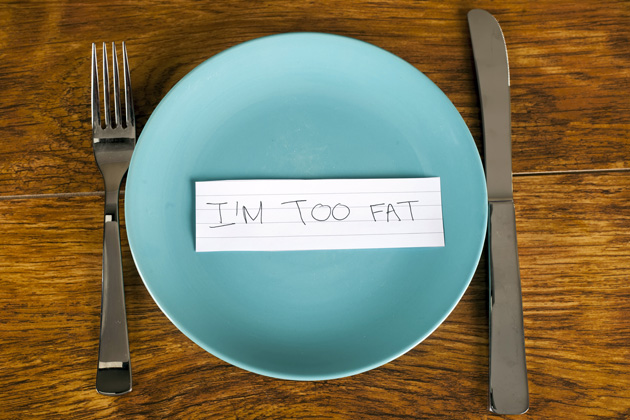In a world where images of “perfect” bodies inundate our screens and magazines, it’s easy to feel overwhelmed by societal pressures surrounding body image and food. The struggle to maintain a positive relationship with food is real and challenging, but it’s important to remember that you are not alone. As a counsellor, we are here to offer support, guidance, and empathy as we navigate the complex journey towards healing and self-acceptance.
Understanding Eating Disorders:
Eating disorders are complex mental health conditions that can affect anyone, regardless of age, gender, or background. They often stem from a combination of genetic, environmental, and psychological factors. Common eating disorders include anorexia nervosa, bulimia nervosa, and binge-eating disorder.
Recognizing the Signs of an Eating Disorder:
It’s crucial to be aware of the signs that someone may be struggling with an eating disorder. These signs can include:
- Drastic Changes in Weight: Rapid weight loss or gain without a medical explanation.
- Obsession with Food and Calories: Constantly counting calories, restricting food intake, or engaging in excessive exercise.
- Preoccupation with Body Image: An intense focus on body shape and weight, along with dissatisfaction with one’s appearance.
- Secretive Behavior: Hiding food or eating habits, such as eating in private or disposing of food surreptitiously.
- Physical Symptoms: Noticeable physical changes like fatigue, dizziness, hair loss, or dental problems.
- Social Withdrawal: Avoiding social gatherings involving food, or becoming isolated.
- Mood Swings: Frequent mood fluctuations, irritability, or depression.
- Digestive Problems: Experiencing frequent gastrointestinal issues or irregular menstruation (in females).
How to Help Someone with an Eating Disorder:
If you suspect that someone you care about is struggling with an eating disorder, it’s important to approach the situation with care and compassion. Here are some steps you can take:
- Express Concern: Choose a private and non-confrontational setting to express your concern. Use “I” statements to convey your worries without blaming or judging. For example, “I’ve noticed you’ve been losing a lot of weight, and I’m concerned about your health.”
- Listen Actively: Give them space to talk about their feelings and experiences without interruption or judgment. Let them know you’re there to support them.
- Educate Yourself: Learn about eating disorders and available resources so that you can better understand what your loved one is going through.
- Encourage Professional Help: Suggest that they seek professional help from a therapist, counsellor, or medical doctor who specializes in eating disorders. Offer to assist them in finding the right treatment options.
- Be Patient: Recovery is a challenging process, and setbacks are common. Be patient and understanding as your loved one goes through this journey.
- Avoid Body Shaming: Avoid making comments about their appearance or eating habits that could trigger negative emotions.
- Offer Support: Let them know you are there for them, whether it’s attending therapy sessions together, providing emotional support, or helping with daily tasks.
Healing from eating disorders and improving one’s relationship with food is a journey that requires time, patience, and professional support. As a counsellor, my role is to provide a safe and empathetic space for you to explore your challenges, identify underlying issues, and develop strategies for a healthier relationship with food and your body. Remember that you are not defined by your struggles, and there is hope for a brighter, more positive future.

